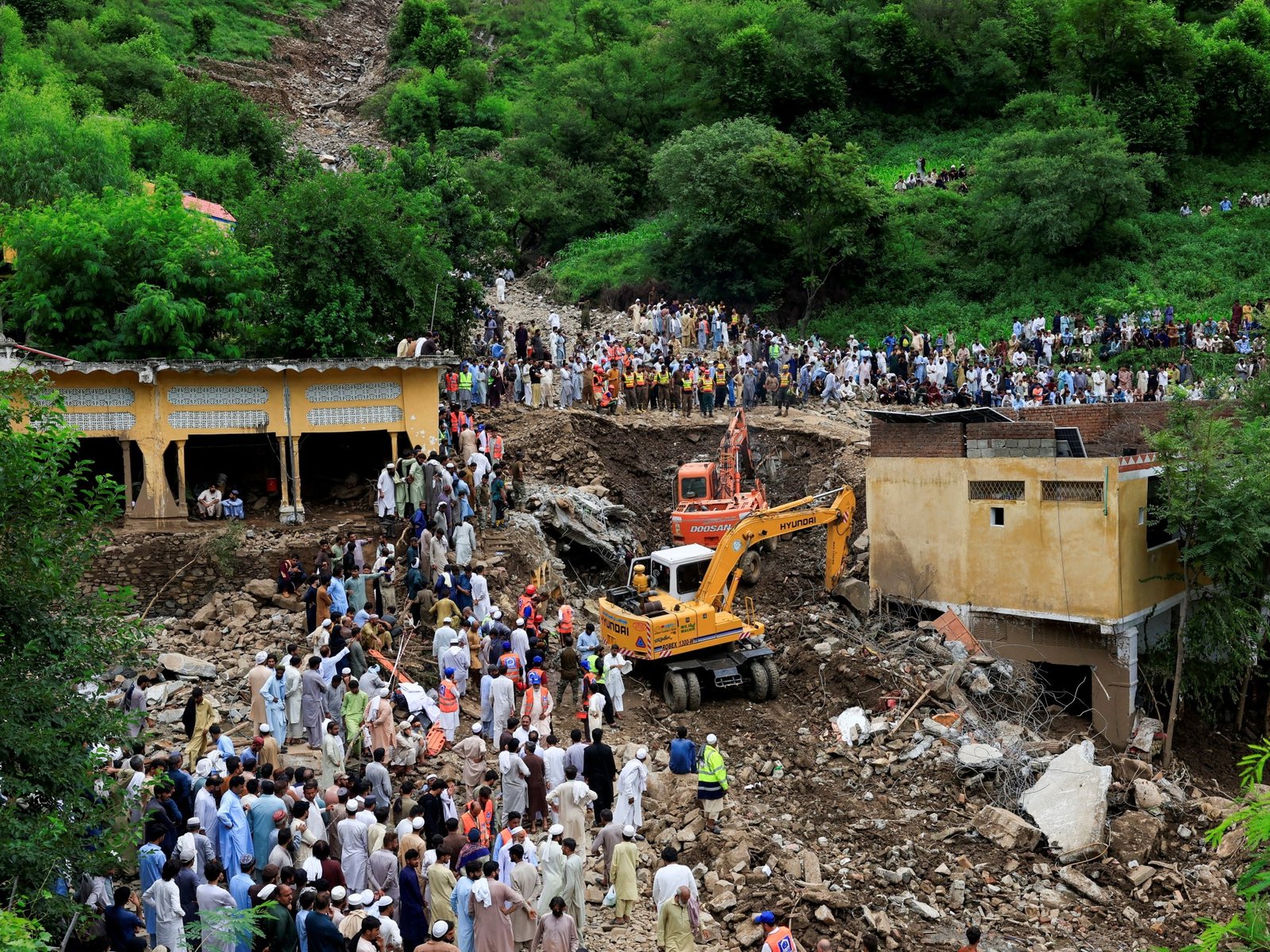Military personnel assist survivors while engineers rush to restore vital infrastructure.
In a significant recovery effort, Pakistan has successfully reinstated 70% of its electrical services and reopened critical roads in the northern and northwestern regions following devastating flash floods that claimed over 300 lives, according to official reports.
Information Minister Attaullah Tarar announced on Tuesday that teams of engineers are actively working to fully restore the electrical grid that was disrupted by last week’s floods.
The National Disaster Management Authority has reported a nationwide death toll exceeding 700 since the onset of monsoon rains on June 26, and Tarar noted that more than 25,000 individuals have been evacuated from the affected areas.
Most roads are now clear, enhancing the distribution of essential food and supplies to communities impacted by the flooding.
Military spokesman Ahmed Sharif reported that armed forces doctors are providing medical care to survivors, while engineers focus on repairing the damaged infrastructure. Additionally, military helicopters have been deployed to deliver food and other critical supplies to isolated villages hindered by floods and landslides.
Continued monsoon rains affected various regions, including the southern port city of Karachi, leading to widespread flooding and disruption of daily life. Despite government assertions of readiness, residents were observed navigating through water levels almost to their chests along numerous streets.
Prime Minister Shehbaz Sharif has directed authorities to expedite recovery efforts in Buner, a district in Khyber Pakhtunkhwa province, where recent torrential rains and a sudden cloudburst resulted in the deaths of at least 280 people, marking one of the most severe flooding incidents since the rains began.
On Tuesday, search operations uncovered 20 more bodies in the region, as local officials reported.
Rescue teams remain on the ground, searching for approximately 150 individuals still unaccounted for, according to rescue officer Mohammad Suhail.
Local residents expressed frustration, stating that there were no timely warnings issued from mosque loudspeakers, as is customary, and that governmental aid has been sluggish. Authorities countered that the disaster struck too swiftly for adequate warnings to be disseminated.
Sharif oversaw a high-level meeting on Monday focused on evaluating relief operations in the flood-afflicted regions.
Year after year, cities across Pakistan grapple with the challenges posed by the monsoon season, inviting criticism over insufficient disaster preparedness. Typically spanning from July to September, this period often exacerbates existing vulnerabilities.
Officials have cautioned about the potential for a recurrence of the catastrophic 2022 floods, which resulted in over 1,700 fatalities and were attributed to climate change.

